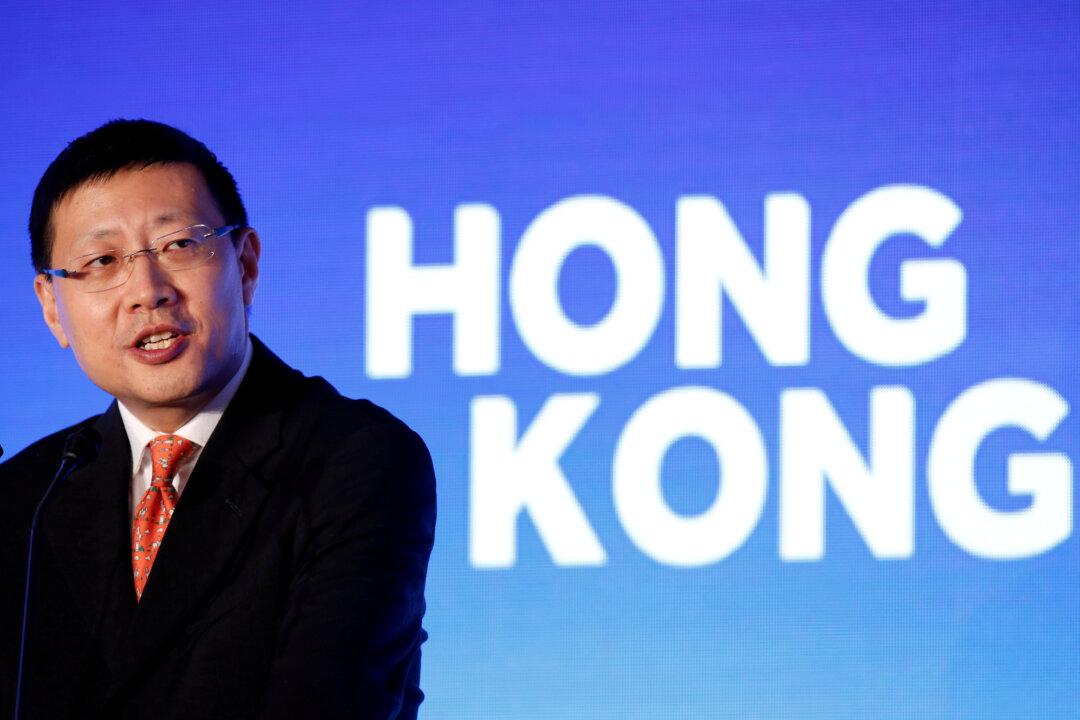“America’s pre-eminent investment firm is employing a member of the Chinese government.”
That comment, made by tech executive Brian Costello on Steve Bannon’s “War Room” podcast on June 27, reflects the ongoing attention surrounding the recent Sequoia Capital split, following scrutiny of the firm’s ties to the Chinese Communist Party (CCP).




